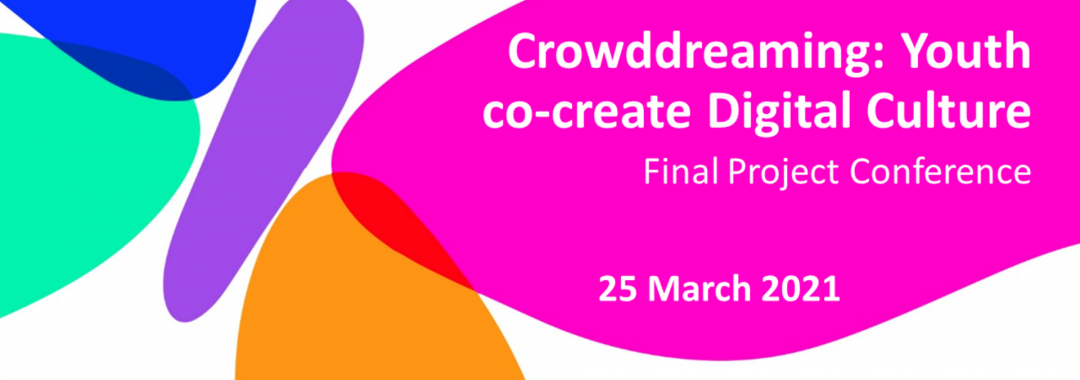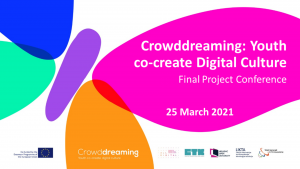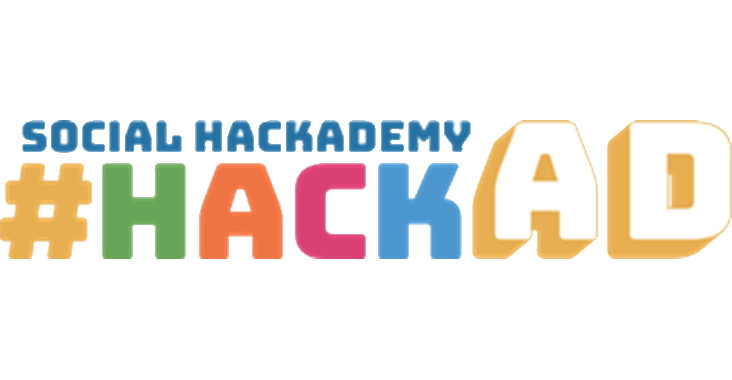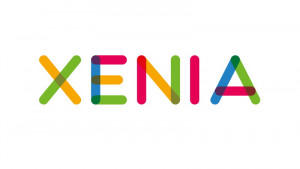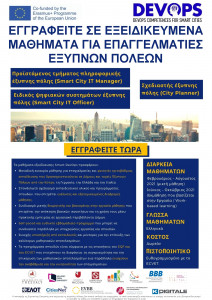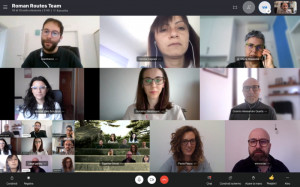 On March 24th, 2021, DAISSy Research Group of Hellenic Open University joined the 3rd transnational meeting of ALL ROUTES LEAD TO ROME, a Project co-funded by the Erasmus+ Plus Programme of the European Commission, which brings together eight Partners from five countries (Belgium, Italy, Greece, North Macedonia, and Spain).
On March 24th, 2021, DAISSy Research Group of Hellenic Open University joined the 3rd transnational meeting of ALL ROUTES LEAD TO ROME, a Project co-funded by the Erasmus+ Plus Programme of the European Commission, which brings together eight Partners from five countries (Belgium, Italy, Greece, North Macedonia, and Spain).
Despite the containment measures due to COVID-19, the 3rd Transnational Project Meeting, originally planned in Skopje (Republic of North Macedonia), was successfully held in online mode.
The implementation of the project goes on smoothly. The meeting started with a presentation from IWS which showcased the main functionalities of the project platform that has been further enriched with training contents, one of the core results of the project after more than one year of implementation.
In the forthcoming months, the work will be focused on Test & Validation (T&V) activities to deliver training contents directly to the target group and on receiving feedback for further development; the partners will also prepare clear Guidelines to guarantee further sustainability and future exploitation of project results.
In fact, the products created will be tested in the five countries on at least 200 people from the Target Groups. The partners will organize training activities (online and, where possible, face-to-face) for students but also teachers to collect their feedback, aimed to promote and test the training contents.
The Skopje University representative, which will lead the activities within this process, presented its T&V plan, with a detailed description of activities and a clear distribution of roles among partners. Partners were also focused on defining a clear dissemination strategy to raise awareness on project activities and results. This will allow to reach more target groups in the T&V phase and for the limited face-to-face meeting opportunities.
The main goal of ALL ROUTES LEAD TO ROME is to enable university students to identify and pursue the best strategies to maximise the economic return of the ancient routes network, develop basic and transversal skills such as self-reliance, leadership, and the ability to work in groups, problem solving, mastering of digital skills and multilingualism.
DAISSy Research Group contributes in all phases of the project, such as field research, creation of open educational content, piloting, dissemination and exploitation.

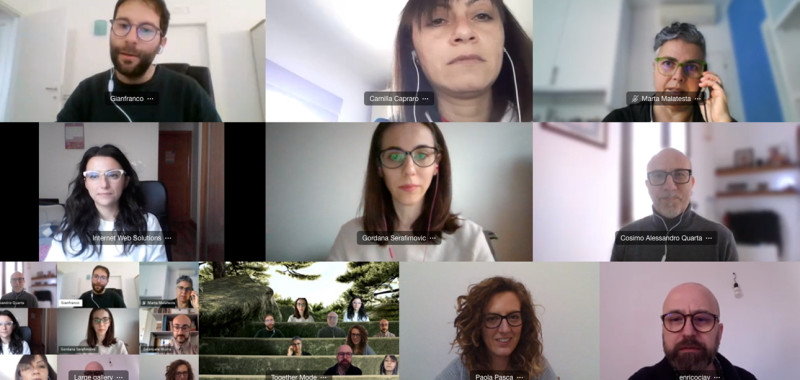
![[CrAL]-photo-KOM](http://daissy.eap.gr/wp-content/uploads/2021/03/CrAL-photo-KOM-1080x380.jpg)
![[CrAL]-photo-KOM](http://daissy.eap.gr/wp-content/uploads/2021/03/CrAL-photo-KOM-1024x488.jpg)
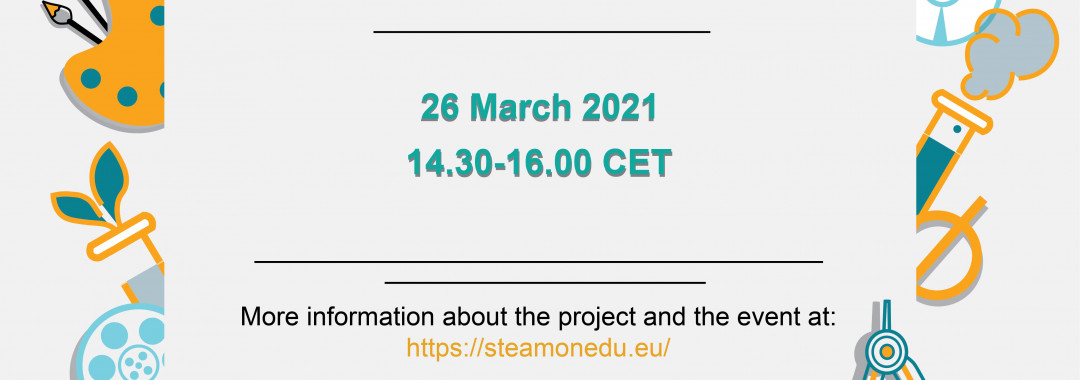
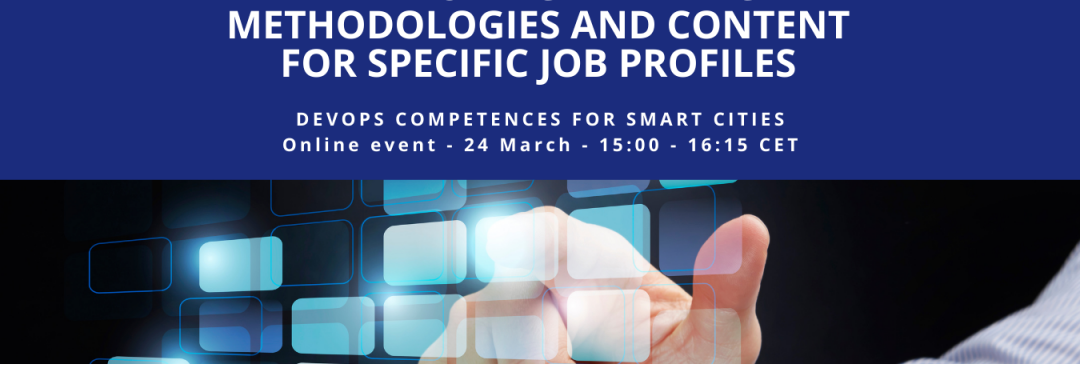
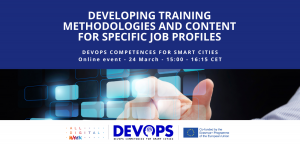 The DevOps Competences for Smart Cities (Smart-DevOps) is an Erasmus+ KA2/Sector Skills Alliances project that addresses the shortage of digital and transferable skills of public sector employees working in smart cities/municipalities and will support them in their professional development.
The DevOps Competences for Smart Cities (Smart-DevOps) is an Erasmus+ KA2/Sector Skills Alliances project that addresses the shortage of digital and transferable skills of public sector employees working in smart cities/municipalities and will support them in their professional development.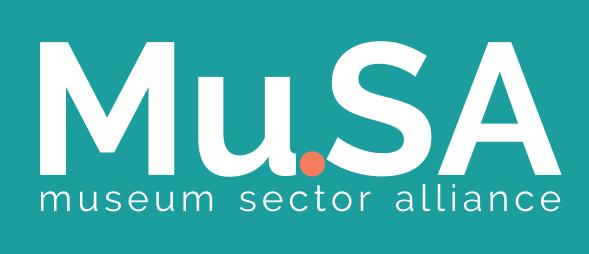
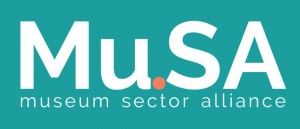 The book entitled “
The book entitled “